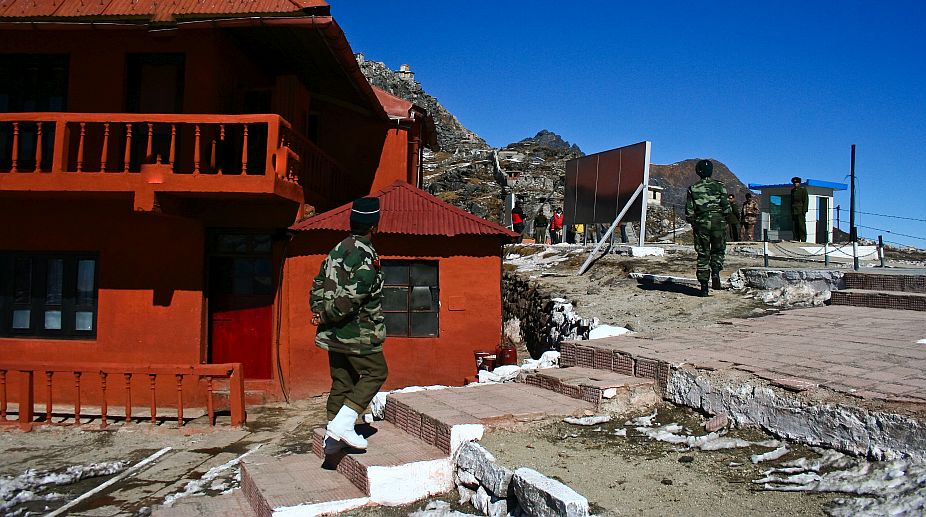Intel appoints Santhosh Viswanathan as India region head
Chip maker Intel on Friday said that it appointed Santhosh Viswanathan to head the India region business as its Managing Director (MD).

(PHOTO: Getty Images)
With the continuing impasse at Doklam, and unabated militancy and violent unrest in the Kashmir Valley, it was inevitable that the observations of the Vice-Chief of the Army Staff on those “hot” issues would attract much attention — even though made at a defence-production focused interface between the military and industry.
There is reason to suspect that Lieutenant General Sarath Chand was actually speaking in accordance with a game-plan. India has opted for reticence on Doklam despite much sabre-rattling from Beijing, the Vice-Chief’s was a mini-response, but given the occasion little “official” importance could be attached to it.
Yet in the larger interests of national security, there was greater significance to what he said about the state-run ordnance factories failing to meet the Army’s needs. The functioning of the 40-odd factories has been criticised by the forces earlier too, but Lt.Gen. Chand injected a telling dimension to the equation — the Pakistan military was being better served by its domestic production units.
Advertisement
Pakistan was exporting more military stores than India, he said to drive his point home. And if that does not “provoke” the NDA government into a long-overdue upgrade of the factories, little else will “deliver”. For recent orders enabling the Service Headquarters to directly spend more than ever before is only cosmetic treatment for a malaise that has yet again been highlighted by the Comptroller & Auditor General.
Though the ordnance factories often speak of their long history, Gen. Chand said they had not kept pace with changing technology, that “there is no competition whatsoever” and this was “an unsuccessfulm ethod of supporting our defence requirements”. He wondered if their tardy functioning was because of assured orders, or a lack of accountability — which plagues most government-run organisations.
”There is little or no research and development. They do not even have the capacity of absorbing the industry through transfer of technology, and in some cases they have even failed to assemble products that have been imported. It is very hard to see ordnance factories changing in the present state” he asserted in his strong indictment.
That the government is not unaware of the need to revamp defence production is evident from its encouragement to private industry to cater to defence needs, and to be fair some leading industrial houses are entering the specialised sector.
A section of the political establishment slams “privatisation” and dilution of the public sector, but the forces contend that they cannot indefinitely accept entrenched inefficiency and slothful trade unionism.
A thorough overhaul of the ordnance factories is critical if they are not to attract the “white elephant” tag. Since the factories have considerable land and material assets, handing them over to private players might be an answer — provided their leaders are prepared to accept a professional work-culture.
Advertisement